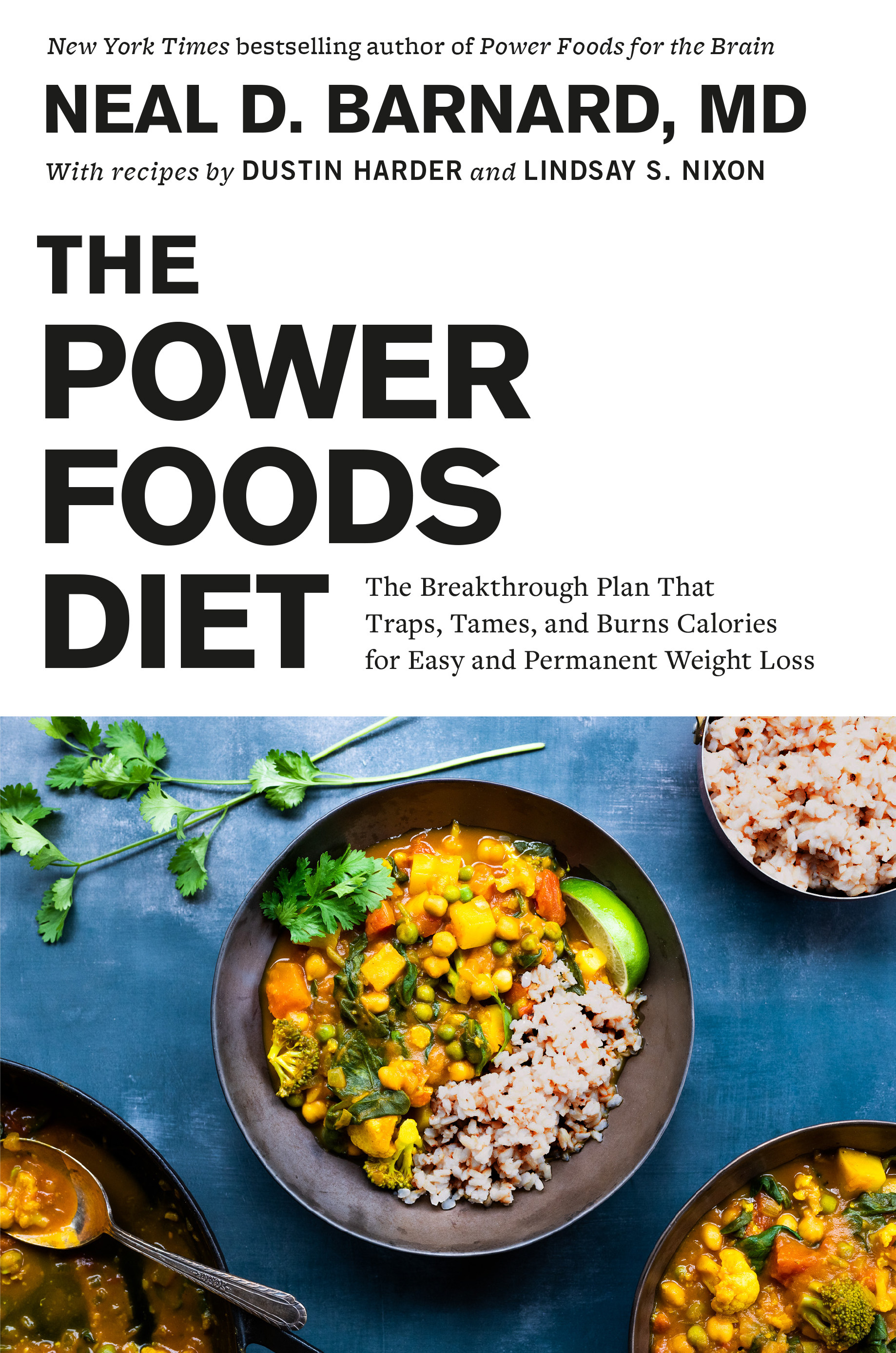
‘Power foods’ vs Ozempic and Wegovy for weight loss – they’re just as good but without the drugs’ side effects, a doctor of nutrition explains
- Almost 1 billion people worldwide are obese and at an increased risk of diabetes, cancer and more. But there are foods that can actually cause weight loss
- On World Obesity Day, nutrition experts talk about these low-fat, plant-based, affordable ‘power food’ types, and how to keep off the kilos in a healthy way
Nearly 1 billion people around the world are living with obesity. That is one in seven people, according to the World Obesity Federation.
On March 4, World Obesity Day, the organisation aims to raise awareness of the problem’s scope, and how to manage it.
Obesity is on the rise in many parts of the world, including Hong Kong. The Department of Health’s Population Health Survey 2020-22 found 32.6 per cent of Hong Kong adults to be obese, and 22 per cent to be overweight.

As obesity rises, so too does the economic burden. The World Obesity Atlas 2023 projected that healthcare expenditures attributed to overweight people in China alone would rise from US$36 million to US$118 million from 2020 to 2035.

Made up of fruits, whole grains, beans and starchy vegetables, a plant-based diet contains sufficient fibre and water to keep us feeling full so that we are less tempted to snack between meals. It is also packed with nutrients to provide energy and promote good health.
10 expert tips for shedding Lunar New Year weight – dieting isn’t one of them
In his soon-to-be-released book, The Power Foods Diet: The Breakthrough Plan That Traps, Tames, and Burns Calories for Easy and Permanent Weight Loss, American nutrition researcher Dr Neal Barnard shows that certain plant foods actually cause weight loss, like a weight-loss medication without a prescription.
Barnard, adjunct professor of medicine at George Washington University School of Medicine and Health Sciences, and president of the US-based Physicians Committee for Responsible Medicine, says that with obesity and being overweight as top health concerns, more people are looking for easy, effective and permanent ways to lose weight.

“In reality, the best solution for reaching and maintaining a healthy weight is a low-fat, plant-based diet that excludes animal products. It’s effective, inexpensive and side-effect-free.”
The “power foods” that Barnard talks about in his book have three main attributes.
First, they tame the appetite, so you feel full with far fewer calories.
Restricting calories often leads to cravings and impulsive overeating. After the diet ends, the weight often comes back
Second, they trap calories in the digestive tract and carry them out with other waste before the body can absorb them.
Finally, they speed up the metabolism so you burn calories faster for hours after every meal.
Examples of these “power food” types include:
-
berries, such as blueberries, strawberries, raspberries and others
-
green vegetables such as broccoli, asparagus and spinach
-
melons
-
citrus fruits, including oranges, lemons, limes and grapefruit
-
legumes, including beans, peas, lentils, as well as tofu and other soy products
Research has also found weight-loss effects from cinnamon, ginger and hot peppers, Barnard adds.

“According to our research studies, people who focus on these foods and avoid animal-derived products and added oils will have a significantly increased calorie burn after each meal,” he says.
To put it simply, power foods, which are loaded with dietary fibre and nutrients, do the work for you. Rather than drastically cutting your food intake or pushing yourself to exercise, you can naturally trim excess weight by filling your plate with these foods.
Barnard recommends trying this diet over the short-run – say, three weeks. That should give you enough time to get used to this way of eating and see the excess weight start to come off. If you are happy with the initial results, stick to the plan and you will be on your way to achieving your weight-loss goals.
‘Fitter than ever’: she feels benefits of a whole food, plant-based diet
Barnard’s new book shows that a plant-based diet need not be boring or uninspiring, and includes a simple-to-follow meal plan and recipes for more than 120 delicious, healthy and filling plant-based dishes, from lasagne rolls to French toast with cinnamon blueberry syrup.
When trying to lose excess weight and keep it off, Barnard cautions against following fad diets that deprive you of calories.
“Restricting calories often leads to cravings and impulsive overeating. After the diet ends, the weight often comes back, sometimes beyond the starting point,” he says.

“For people who succeed at cutting calories over the long term, the result is often a reduced metabolism, which makes weight loss more frustrating.”
Another mistake is avoiding carbohydrates. Barnard says that starchy or sweet foods are natural and healthy sources of glucose, the body’s preferred fuel.
Diets don’t work, here’s how to keep the weight off, say experts
However, even “good” fat is dense in calories, so it helps to limit these foods if you are watching your weight.
Although it is derived from a plant, coconut oil should be avoided completely as it is extremely high in saturated fat. It is not only fattening but will also raise your cholesterol, Barnard says.
For a long and healthy life, eat, sleep, feel and exercise the right way
“Regular exercise – about 30 minutes a day, five times a week for adults – along with six to eight hours of quality sleep every night, and stress management strategies, can all help to reduce your risk of obesity.”

